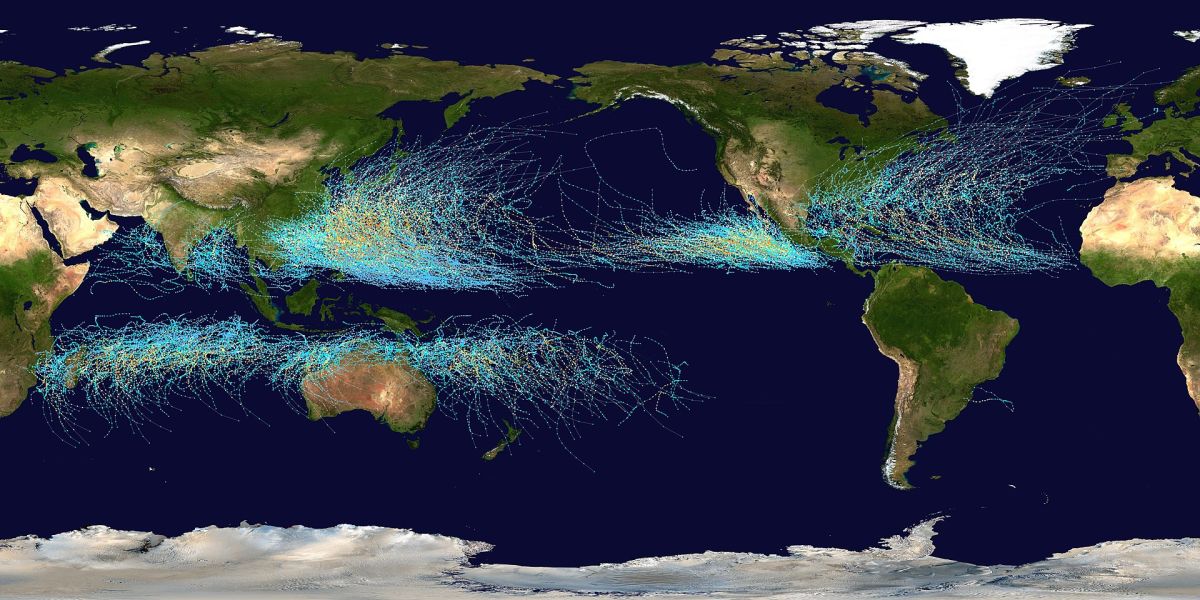Opinion: Is David Attenborough’s documentary spreading a dangerous message?

David Attenborough’s recent release ‘A Life On Our Planet’ reflects on his experience of the devastating impacts humans have had on the planets natural biodiversity. Although this documentary has been immensely popular, with nearly 17 million views since its release, some concerns have been raised over the dangers of the message that Attenborough is conveying.
Attenborough’s claim that ‘humans have overrun the world’ has been criticised for unwittingly enabling eco-fascist arguments to gain traction. He has received similar criticism previously for his comments on overpopulation being a driver of climate change, and for his patronage to the controversial charity ‘Population Matters’.
Eco-fascism is an approach to tackling environmental problems using fascist policies. It largely focuses on using population control as a means to reduce human impact on the planet. It has been used to justify political agendas that discriminate against certain races and cultures, whilst ignoring the damage done by major polluting industries.
Countries in the global south, such as India and China, are often focused on when discussing these such environmental solutions, due to their fast-growing populations. This narrative has led to policies such as forced or coerced sterilisation in some countries, for example in Peru. Between 1996 and 2000 the Fujimori government forcibly sterilised thousands of indigenous women in an effort to reduce population growth.
However these fast-growing populations have a much lower rate of carbon emissions than the richer, slower growing populations in the global north. Also in these areas the richest 1% were found to have contributed twice as much carbon to the atmosphere than the poorest 50% between 1990 and 2015. Thus focusing on population growth rate whilst ignoring the impact of consumption takes the blame away from western society and places it on more marginalised communities in the global south.
Sam Knights, an Extinction Rebellion organiser and writer, tweeted about this ‘dangerous’ message, saying “talking about population growth, without also talking about capitalism and inequality, invariably leads to the people least responsible for the crisis being blamed”.
Can someone please tell David Attenborough that population growth is the least influential part of the climate change calculation? It is so irresponsible to talk about population growth without explaining that consumption and inequality are far bigger problems.
— Sam Knights (@samjknights) October 5, 2020
However, following the release of the documentary, Attenborough has spoken out about capitalism on BBC Radio 5 Live. He specifically targeted Western cultures as being unsustainable and a major driving force of climate change. This directly contradicts eco-fascist ideas and suggests that his focus on overpopulation is not intentionally condoning eco-fascist ideology.
Whilst it is unfair to paint Attenborough as an eco-fascist, the focus he frequently places on overpopulation could unwittingly enable a problematic narrative to spread. As a highly respected and extremely influential public figure, many believe that he has a responsibility to promote a holistic message with climate justice at the heart of it above anything else.







